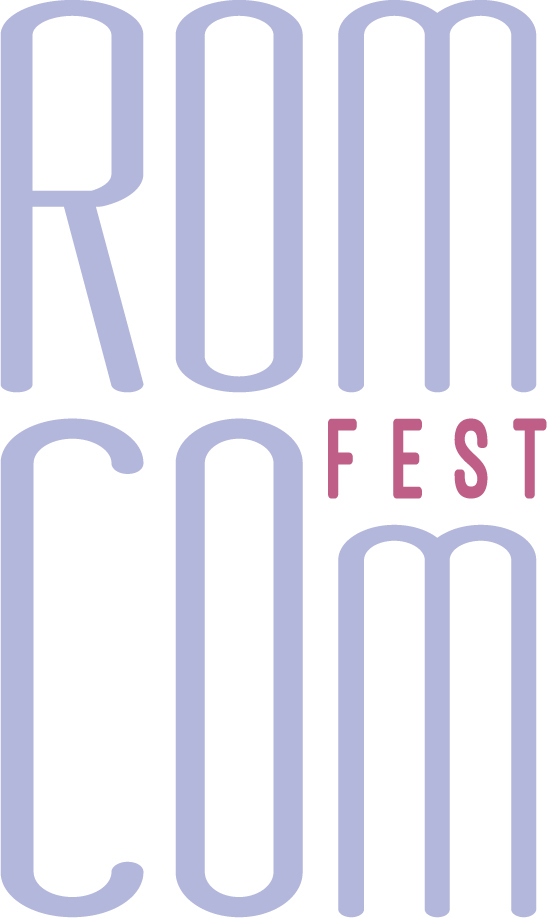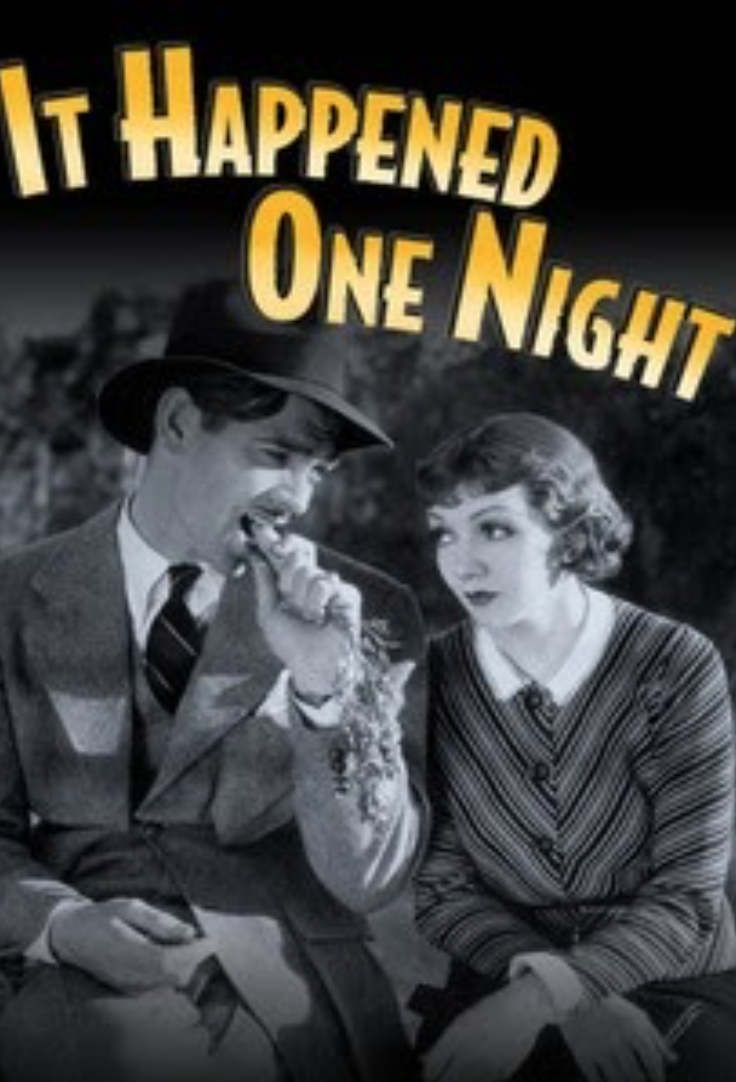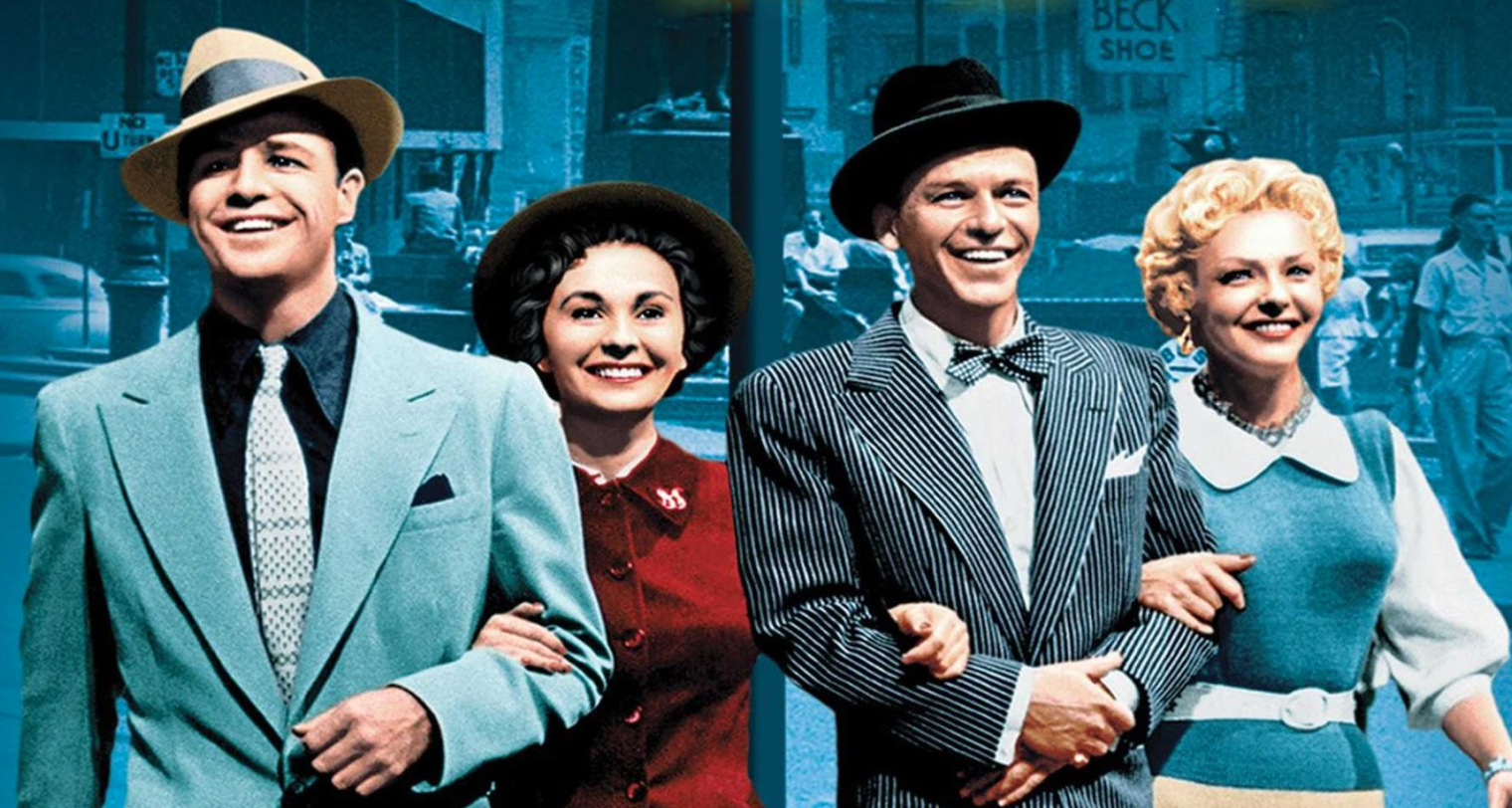Tracing the History of Romantic Comedies
A romantic comedy film is broadly defined as “a light, comic movie or other work whose plot focuses on the development of a romantic relationship.” To trace them back to their inception, rom-coms take root in theatrical literature. Many cite William Shakespeare as an early introducer of the original rom-coms for stage. (This makes sense, since many well-known romantic movies like 10 Things I Hate About You and She’s The Man are both based on Shakespearean works.) Future romantic films would utilize Shakespeare’s structure of combining complicated love stories with avant-garde humor.
When film began, vaudeville and farcical entertainment dominated the silent movie era. As movies with sound were starting to be introduced in Hollywood, stage adaptations with slapstick comedy remained popular and led to the emergence of the screwball era, a turning point for the earliest romantic comedy pictures. The screwball time period largely consisted of depicting romance with a heightened, humorous tone.
It Happened One Night (1934) was a groundbreaking film for the romance genre, winning all five top awards at the Oscars: Best Director, Best Picture, Best Actress, Best Actor, and Best Screenplay. The movie set off a dominant rom-com era in Hollywood, where farcical situations were beginning to be mixed with more realistic depictions of romantic relationships.
It Happened One Night (1934)
One example is The Philadelphia Story (1940), a rom-com in which Tracy Lord, played by Katharine Hepburn, must decide who she is really in love with between three men who are in her life. Not only did the film dive into complexities of love, it also featured the topics of divorce and remarriage, which was a new, groundbreaking venture for film during this era.
The 1950s produced rom-coms starring iconic actresses like Marilyn Monroe and Audrey Hepburn. The glamorous and theatrical trends of Hollywood from this decade were prominent as romantic movies like Gentlemen Prefer Blondes (1953) and Guys and Dolls (1955) introduced musical numbers and styles reminiscent of their Broadway productions.
Guys and Dolls (1953)
Rom-coms took a bit of a back seat during the 60s, but gained a resurgence with films of the late 70s. Annie Hall (1977) provided a unique, offbeat format which started a trend of romantic film exploration and experimentation that includes more lifelike expressions of the complex dynamics of love stories while keeping an audience laughing.
This rom-com rejuvenation continued to pick up speed in the 80s and 90s. Romantic comedies of the former decade began to introduce lively teenage romance films like Pretty in Pink (1986) and Valley Girl (1983), while also offering heartfelt classics such as When Harry Met Sally… (1989) and Say Anything… (1989).
Pretty Woman (1990)
Rom-coms continued to gain popularity over the course of the 1990s and 2000s, with actresses like Julia Roberts and Drew Barrymore becoming audience favorites for romance films. Some include Pretty Woman (1990), Never Been Kissed (1999), and Notting Hill (1999).
The 2000s were met with a wide variety of rom-com plot-lines. Book adaptations, reinventions of fairy tale stories, reflections on past relationships, as well as the classic “opposites attract” love story all made their way onto the big screen. A Cinderella Story (2004), Ella Enchanted (2004), Hitch (2005), and (500) Days of Summer (2009) remain enduring film hits in the evolution of romantic comedies during this decade.
A Cinderella Story (2004)
Crazy, Stupid Love, (2011), Friends with Benefits (2011), The Big Sick (2017), and Love, Simon (2018) are some top rom-coms of the 2010s that have shown modern depictions of relationships, including cross-cultural and LGBTQ+ love stories.
Love, Simon (2018)
Rom-coms are popular now more than ever, and since streaming services like Netflix and Hulu have emerged, their accessibility has grown in strength. Cable network Hallmark Movie Channel has incorporated love stories and combined them with holiday films, and Netflix has a lineup of numerous original romance films (To All the Boys I’ve Loved Before (2018), Always Be My Maybe (2019)). In addition, Hollywood and Netflix are both planning on new releases for 2021, so for romantic comedy fans, it looks like the future will be full of more flicks to enjoy!
Devin Herenda is an award-winning multimedia journalist and emerging entertainment industry writer based in Los Angeles.
A 2020 recipient of the Society of Professional Journalists Lisa A. Davidson Memorial Scholarship and broadcast journalism major at CSU Northridge, Devin has written for various publications including myBurbank News and Rom Com Fest.
Devin is bicoastal as a native Californian with New Jersey roots and enjoys music, fashion, and all things rom-coms.
To view more of Devin’s work:





